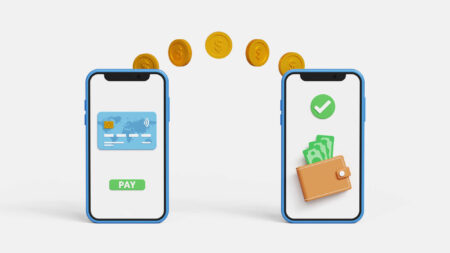With Germany’s Sparkassen and Belgium’s KBC, two more heavyweights are integrating Bitcoin and Ethereum directly into online banking – easing access to digital assets within the traditional banking system.
With its stated goal of becoming the world’s number one crypto nation and the entry of its largest financial institutions into the digital asset market, the US may appear like an island of determination. But change is also taking shape in Europe more quietly, but no less structurally significant. Increasingly, European banks are integrating digital assets directly into their online banking platforms - a paradigm shift with a signaling effect.
Sparkassen and KBC Push Crypto Integration Forward
New on the crypto map: Germany’s savings banks and Belgium’s KBC Bank. Through DekaBank, the savings banks are planning a pilot project that will allow retail customers to trade Bitcoin and Ethereum directly via the Sparkasse app starting in summer 2026. Belgium’s KBC aims to offer crypto purchases via its Bolero investment platform as early as autumn 2025 - subject to regulatory approval.
Both institutions are pursuing full banking integration including custody and settlement via regulated infrastructure. The goal is to provide digital assets with the same level of access as traditional asset classes directly from a current account.
Initial Steps in Europe’s Banking Landscape
Even before the recent initiatives by major institutions became known, several European banks had already launched initial offerings for digital assets. In Switzerland, for instance, Bitcoin and Ethereum were integrated early into the service portfolios of private banks - typically within wealth management or with proprietary custody access. In Spain, established banks began rolling out brokerage models as early as 2021. At the same time, neobanks like Revolut and N26 started embedding crypto trading directly into their apps - focusing on ease of use and user growth.
These diverse approaches – ranging from traditional asset managers and digital direct banks to specialized custody providers – paved the way for the broader integration now taking place in the retail and universal banking sector.
MiCA: Clear Rules, Narrow Scope
A key driver of this development is the new European MiCA regulation (Markets in Crypto-Assets). The first set of rules has been in effect since June 2024, with the full requirements for crypto service providers coming into force in December 2024. The CASP license (Crypto Asset Service Provider) offers a unified framework enabling banks to design compliant and consistent crypto offerings across Europe.
However, MiCA is no silver bullet. The regulation places a strong emphasis on consumer protection and the issuance of regulated tokens – but offers little guidance for decentralized protocols, DeFi applications, or the cross-border use of stablecoins. Technological neutrality is also not ensured across all areas. Still, for banks looking to offer clearly defined crypto services – particularly custody and trading – MiCA provides the necessary regulatory foundation and significantly lowers the barriers to market entry.
Crypto Moves from the Sidelines to the Spotlight
What was once the domain of specialized exchanges and FinTechs is now becoming part of everyday finance. Digital assets are making their way into online banking with growing institutional relevance. Access to digital assets via established banking interfaces could become the new standard in the medium term.
Europe is opening the banking sector to crypto gradually, but structurally. The integration isn’t starting on trading platforms, but at the very heart of daily finance.








